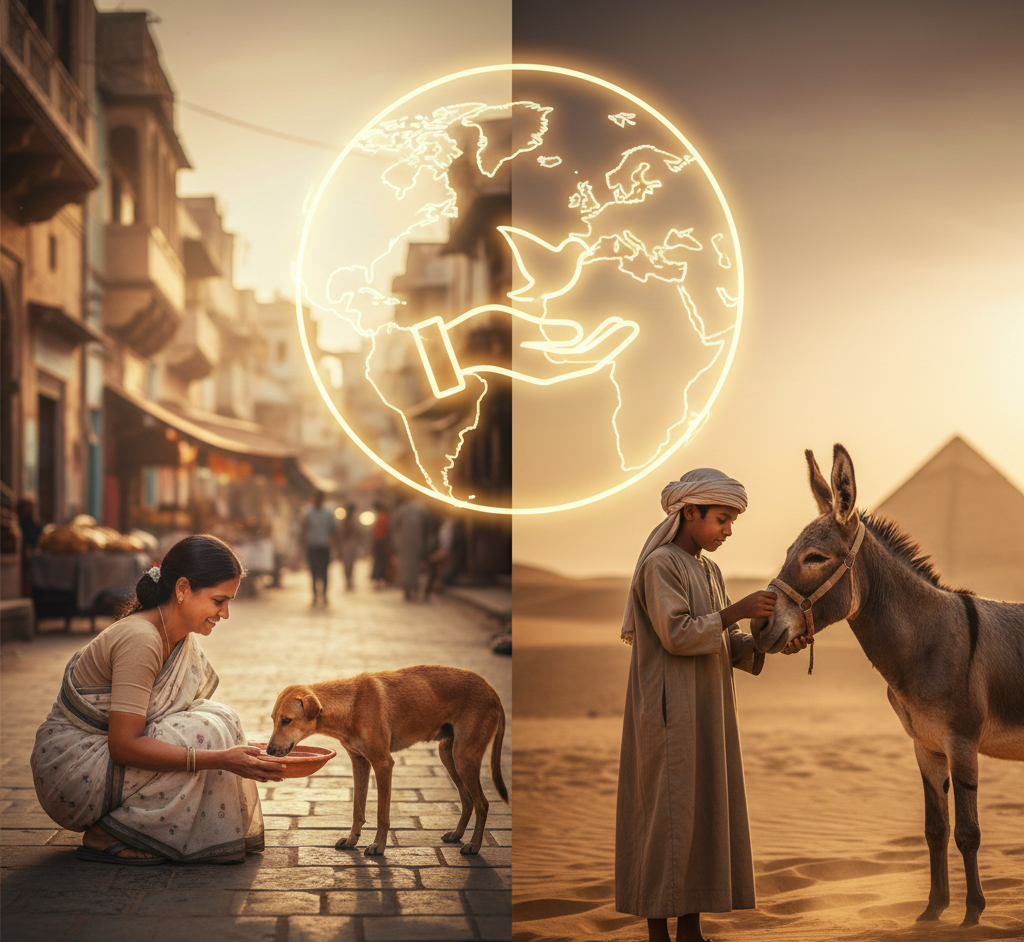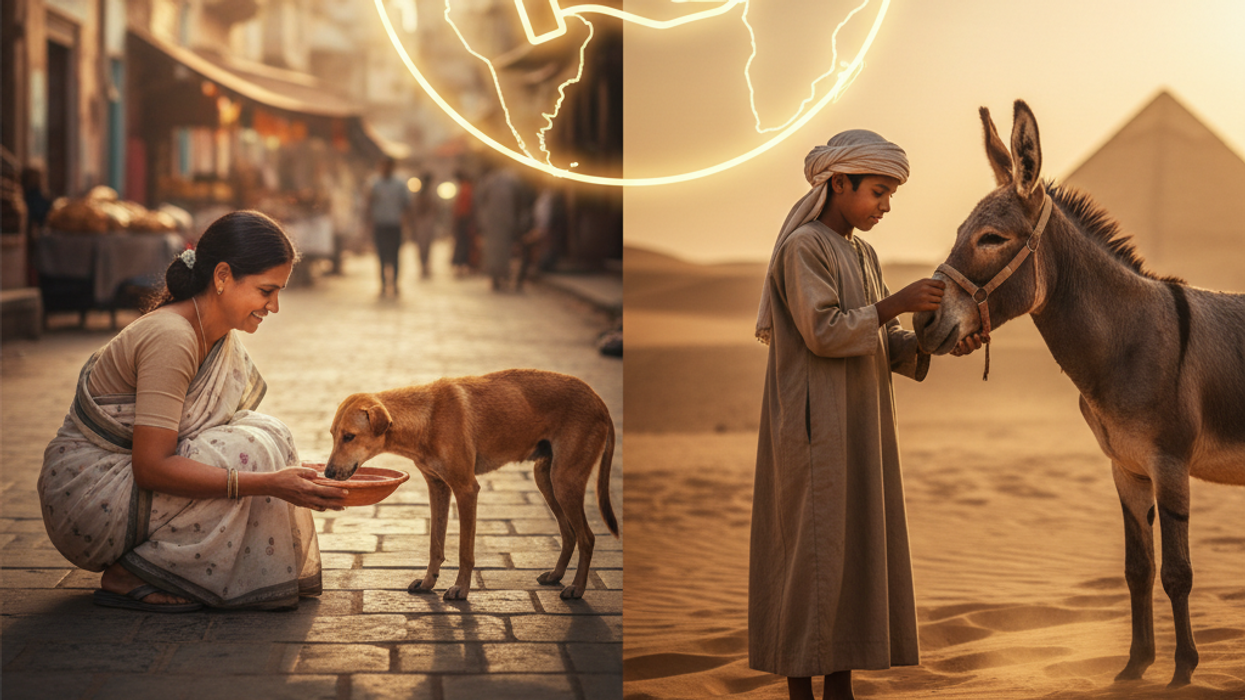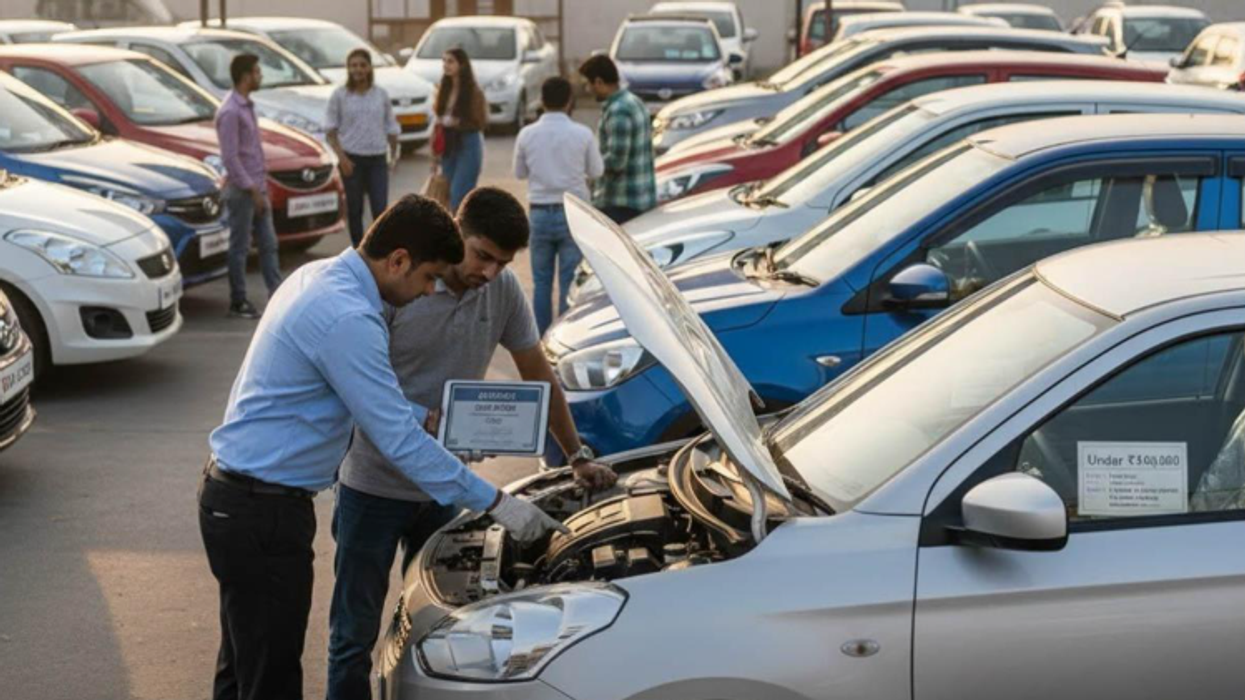A few months ago, something unique happened in India. No, it was not the launch of Aditya-L1 by ISRO to study the Sun. It was not the launch of the first indigenously built aircraft carrier INS Vikrant. It was not that around 200 million people were lifted out of poverty. Nor was it the completion of the Atal Setu Sea Bridge or the historic medals India won in the Chess Olympiad in 2024. These were no doubt great achievements. But the achievement I am talking about is how millions of Indians stood up for the protection of dogs. A court in Delhi had decreed that all the one million stray dogs of the city should be rounded up and locked up. There was a spontaneous campaign to oppose the court ruling.

The deep-rooted and ancient heritage of Ahimsa struck the conscience of the nation. People came out on the streets with banners like, 'they (the dogs) will not speak so we will roar'. Activists acted as vigilantes to protect the dogs. Delhites said that they loved their stray dogs and that they were like family members. The Court quickly reversed its decision. This act showed how the Bharatiya civilisation is different from other civilisations. We do not want a 'sanitised' civilisation where all other life forms are eradicated. We live in harmony with all God's creation. Let us co-exist with cows, monkeys, dogs, cats and elephants!
As India marches forward, it must not abandon Ahimsa. Ahimsa towards those who are at our mercy is the secret key to the immortality of Bharatiya civilisation.
Meanwhile, many years ago, Kim Taylor and her Aunt, Julie Wartenberg, were on holiday in Egypt. They saw small, underfed donkeys suffering from neglect by the very owners who needed them so badly. They saw animals being beaten in the street and horses with raw skin being worked with the very harness that caused the damage. They could not just walk away. Kim and Julie started a small clinic in Luxor where the poor animals could be treated. Julie poured most of her savings into the project. Today, Animal Care Egypt has a hospital as well as a training centre for Egyptian vets. Every month, 800 Egyptian children are made aware of how to care for animals. The nose bands used on donkeys and horses are often made of hard rope, chains, or metal, which cause immense pain as they rub on the skin of the animals. Hundreds of volunteers in England have made soft nose bands for these animals. This is compassion in action.
Lastly, Poonam Doshi, born in a Jain family, runs a sanctuary in Crawley. She cares for cats and dogs with amazing compassion. She will nurse a sick animal day and night. She rescues abused animals and has even brought abused animals from Bulgaria. Her sister Bhavini, who lived in Athens for some time, used to rescue abandoned cats from the city.

Thus, Compassion Without Boundaries is the only step forward for the human race. As long as animals suffer at the hands of humans, there will never be peace or happiness. India must not abandon its sacred values in the pursuit of progress.
(Nitin Mehta is a writer and commentator on Indian culture and philosophy. He has contributed extensively to discussions on Hinduism, spirituality, and the role of Gurus in modern society. You can find more of his work at www.nitinmehta.co.uk.)
(The views of the author need not represent the views of Eastern Eye)



